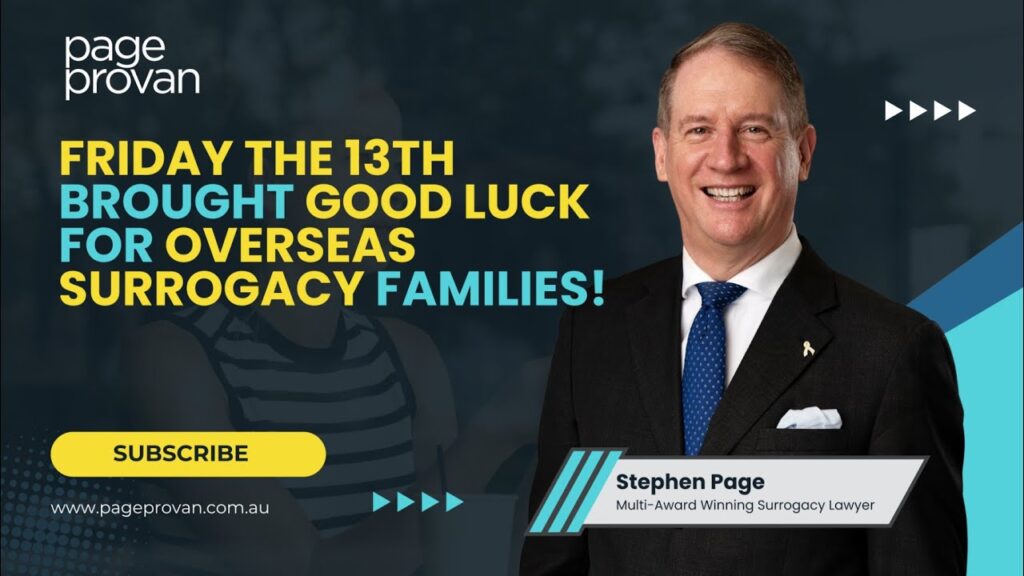Family Court says that gay dads are OK
” The children have a meaningful relationship with the applicants and it is to their benefit that it continues. They are not at risk of harm in their care.
The children have a close and loving relationship with both applicants. They visit the first applicants’ parents and siblings regularly. The second applicant intends to ensure that the children maintain their relationship with the paternal family after the first applicant’s death. The children have no relationship with the birth mother.
Both applicants have taken the opportunity to participate in decision making about major long-term issues relating to the children. Currently the children attend kindergarten at [Primary School C] where they are making good progress. They attend two days one week and three days in the alternate week. The applicants purchased a property at [Suburb D] and are building a five bedroom home which they expect to be completed at the end of this year when they will occupy it. The home falls within the catchment area of [Senior High School E], a school which the applicants propose the children will attend for their secondary education. Both applicants have the capacity to provide for the needs of the children. The second applicant deposes that the children are healthy and have met all of their developmental milestones. Their immunisations are current and they consult with their family doctor regularly.
Both applicants have demonstrated a responsible attitude towards the children and the responsibilities of parenthood. They have made arrangements for the care and financial support of the children after the death of the first applicant. The first applicant has updated his Will and appointed the second applicant as the guardian of the children. The first applicant has also made financial provision for the children.
As to the children’s background, the first applicant said, when describing the children, that both have Indian traits. They know their mother is Indian. The applicants have multicultural friends and mix with other parents who have surrogate children. They will maintain the children’s Indian heritage. The first applicant acknowledged the children may wish to find their biological mother in the future.”












